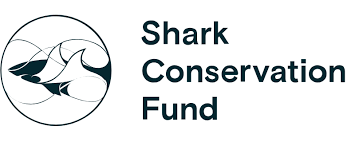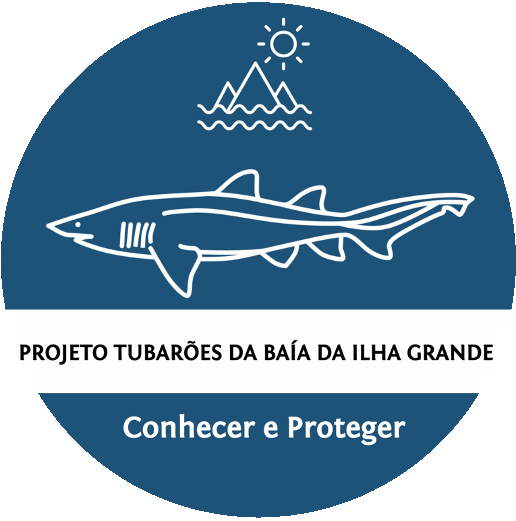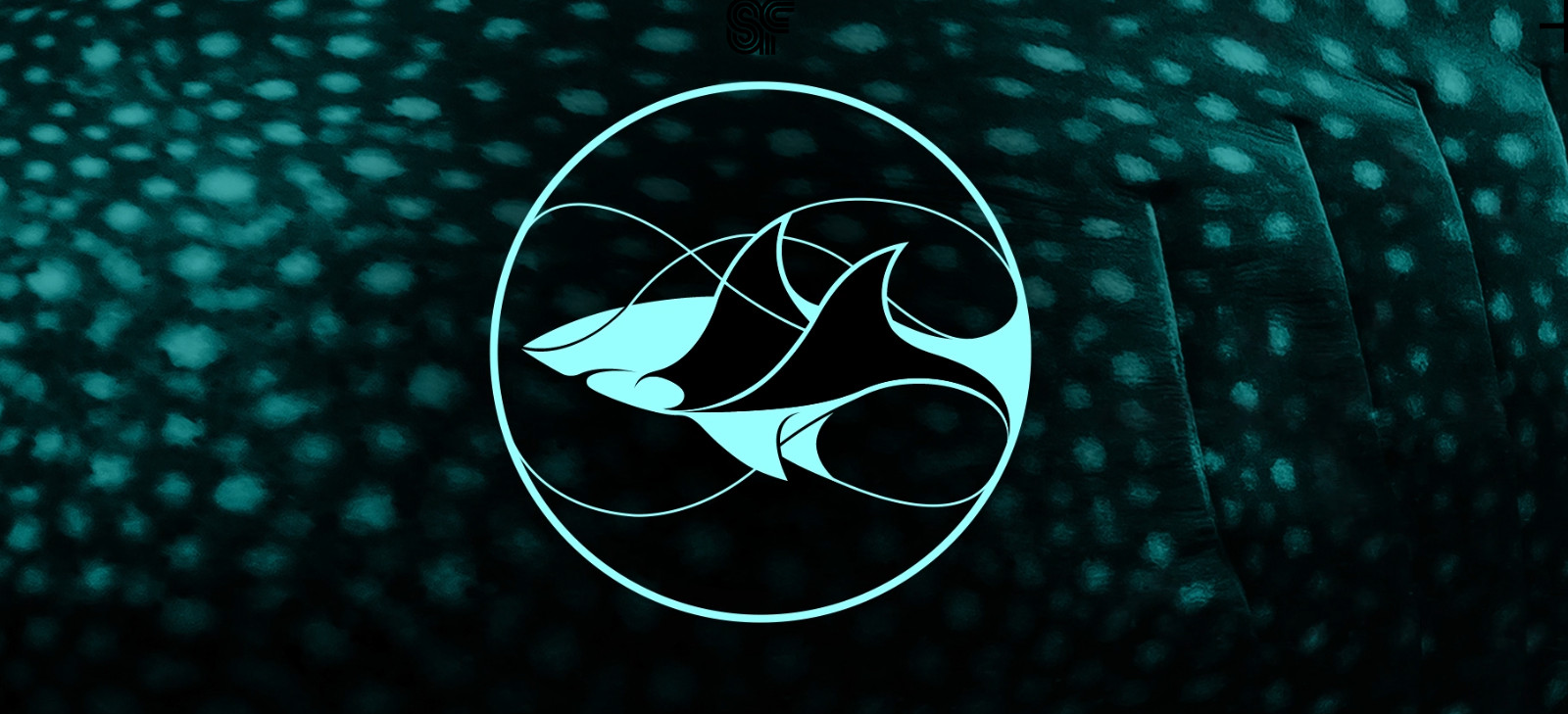Shark conservation is a global battle, and Brazil is no exception. In this scenario, the Ilha Grande Bay Shark Project has emerged as a fundamental initiative in the preservation of these marine predators, having already gained national recognition with prominent reports in media outlets such as the list below, and several other media outlets:
Led by pelo Ibracon – Brazilian Institute for Nature Conservation, and sponsored by the Shark Conservation Fund, this project has made significant contributions to scientific understanding, the protection of endangered species and public awareness.
The Importance of Ilha Grande Bay for Shark Conservation
Ilha Grande Bay, located on the southern coast of the state of Rio de Janeiro, is an area of extreme ecological importance. Its complex and biodiversity-rich ecosystems provide an ideal habitat for several species of sharks, including endangered species such as the hammerhead shark and the lemon shark. Over the years, this region has been heavily impacted by overfishing and the destruction of coastal habitats. In this context, the work of the Ilha Grande Bay Shark Project becomes even more relevant.
The Ilha Grande Bay Shark Project aims not only to conserve these species, but also to recover local shark populations, many of which have been decimated by overfishing and accidental fishing. One of the most critical areas for successful shark conservation is constant monitoring and the collection of accurate data on the presence, behavior and migration of these species.
Innovative Methodologies and the Application of Technology
The Ilha Grande Bay Shark Project stands out for its use of innovative methodologies to study shark behavior and promote their protection. One of the most important tools used by the project is the tagging of sharks with electronic transmitters, which allows remote monitoring of the animals in real time. This information is crucial for understanding migratory patterns, breeding and feeding areas, as well as identifying the risks faced by sharks along their routes.
Another essential aspect of the research is the use of 6 BRUVs (Baited Remote Underwater Video) that capture images and videos of sharks’ interactions with other marine animals, as well as their movements in coastal areas. Viewing the footage has allowed researchers to gain unprecedented insight into the natural behavior of these species.
Support and Funding: The Role of the Shark Conservation Fund
The work carried out by the Sharks of Ilha Grande Bay Project would not be possible without the financial support of the Shark Conservation Fund, an international organization dedicated to the conservation of sharks and rays. This sponsorship guarantees the sustainability of the project and allows for the expansion of research and conservation activities in the region.
This type of funding is essential at a time when ocean preservation faces numerous challenges, such as the destruction of marine ecosystems, plastic pollution and climate change, which directly affect the survival of several shark species. In addition to technical support, the Shark Conservation Fund also collaborates in the global dissemination of the results obtained by the project, encouraging the exchange of information and international cooperation.

Public Awareness and Mobilization
In addition to its scientific work, the Ilha Grande Bay Shark Project plays a crucial role in raising awareness and environmental education. Several educational activities are promoted in local schools and fishing communities, seeking to raise awareness among the population about the importance of shark conservation and the negative impacts of overfishing.

Scientific Advances and Results
The data collected by the project has already generated numerous scientific advances. Continuous monitoring of shark populations has made it possible to identify new areas of agglomeration and migration routes never before documented in Ilha Grande Bay. These discoveries not only expand knowledge about the biology of these species, but also support public policies and the creation of new marine protection areas.
Preliminary results indicate that areas previously impacted by predatory fishing are recovering, with a gradual increase in the number of juveniles sighted. This suggests that the conservation strategies adopted, such as restricting certain fishing practices, have been effective.

para Conservação da Natureza
The Future of the Project and Remaining Challenges
Despite the progress made, there is still much work to be done. Overfishing and bycatch continue to be constant threats to shark populations in Ilha Grande Bay. In addition, the lack of adequate infrastructure and financial resources often limits the project’s ability to expand its monitoring and protection activities.
One of the main solutions for the area is the creation of a network of marine protected areas covering the entire Ilha Grande Bay region, including key areas identified through the surveys conducted to date. Such a network would be vital to ensuring that sharks have safe areas to reproduce and feed, contributing to the recovery of populations.
Conclusion
The preservation of these animals is essential for the balance of marine ecosystems, and initiatives like this are essential to ensure that future generations can continue to marvel at the grandeur of these creatures.



